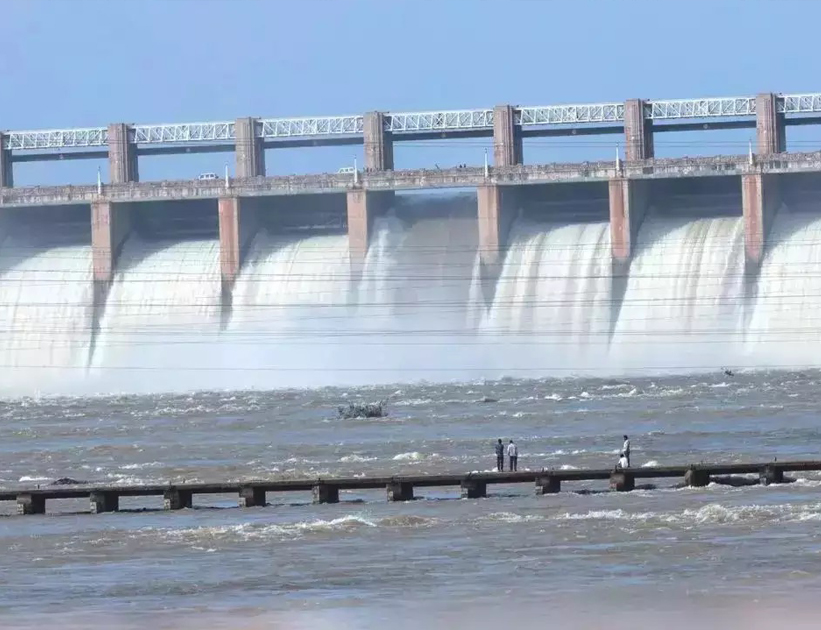The Karnataka Professional Civil Engineers Act - Steering Consortium (KPCEA-SC) is a dedicated collective body focused on advancing and regulating civil engineering practice in Karnataka. Established by a group of visionary civil engineers, we are dedicated to bringing together the professional communit y and advocating for the highest standards within the field.


Our Purpose:
Our purpose is to create a robust platform for civil engineers to collaborate effectively and advocate for their rights within the state. By fostering an environment conducive to continuous learning and professional growth, the consortium promotes ethical standards and champions policies that benefit both the profession and the broader society.
Through various initiatives, workshops, and events, KPCEA-SC is dedicated to elevating the prominence and appreciation of civil engineers, ensuring their contributions are acknowledged in policy-making. The consortium's efforts are vital in defining the future direction of civil engineering in Karnataka, with the goal of significantly advancing the state’s development and improving the well-being of its residents.
Why was KPCEA-SC formed?
Civil engineering is not regulated by state or central laws, which allows unqualified individuals to take on critical construction roles. This leads to compromised safety and quality, resulting in inferior infrastructure and unsafe building practices. This situation is further worsened by lack of building by-laws and regulatory frameworks.
RTI inquiries have shown that government departments often assign civil engineering roles, including supervision and project management, to non-civil engineers. This practice highlights a systemic issue where unqualified individuals handle crucial tasks, compromising construction quality and safety.
Findings from Major Incidents:
Bengaluru Building Collapses (2021):
Many collapsed buildings during the 2021 rains were low-rise and constructed by unqualified individuals, exposing gaps in accountability and professional oversight due to inadequate legal frameworks.
Bhuj Earthquake (2001):
The earthquake caused widespread collapse of low-rise buildings, with over 85% failing due to the lack of qualified civil engineers in design and construction.






